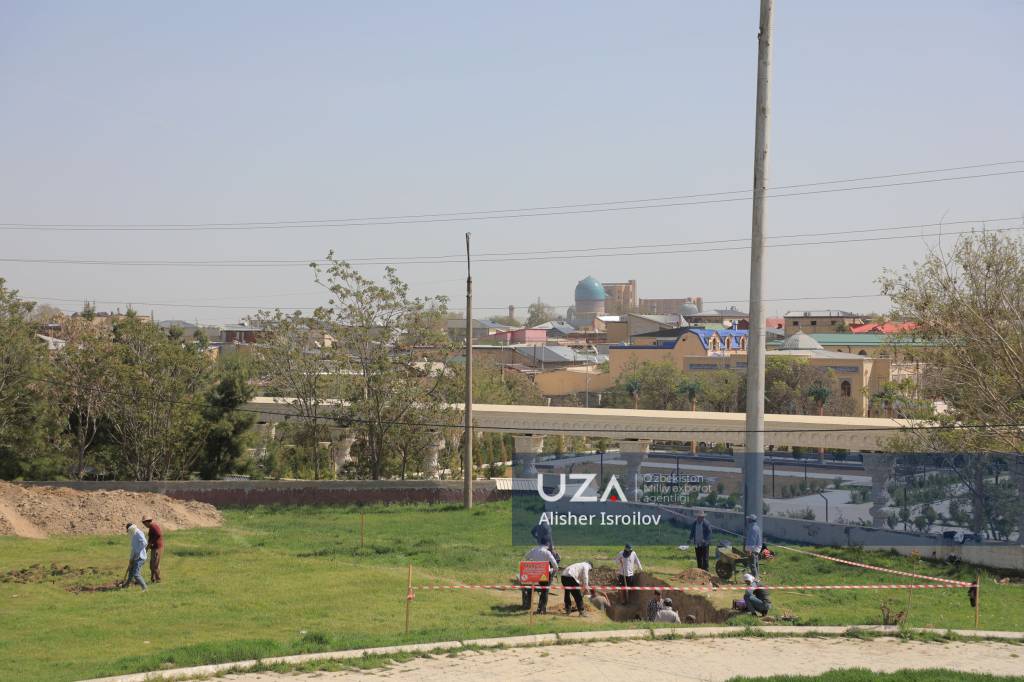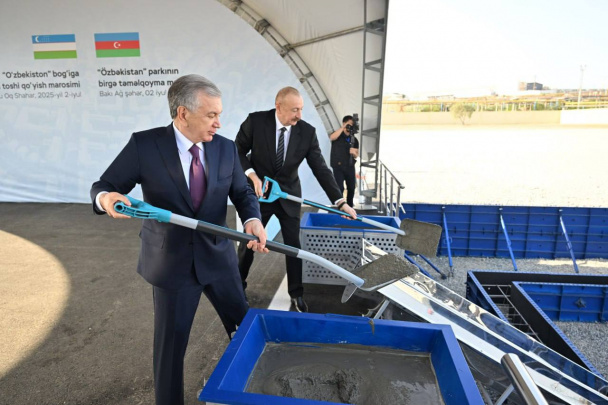New findings push Samarkand's origins back to 3,000 years ago
An interdisciplinary group of researchers has conducted archaeological excavations at the sites of Afrasiab, Koktepa, and the area near the former fortress of Amir Temur, located where the current Kuksaroy Square now stands. Based on newly acquired scientific data, it has been decided that Samarkand is now officially 3,000 years old.

Photo: UzA
At a recent session of the Council of People’s Deputies of the Samarkand region, a resolution was adopted to officially designate the age of Samarkand as 3,000 years, according to a report by UzA.
A scientific team using a combination of archaeological methods re-evaluated the age of the city through excavations at Afrasiab, Koktepa, and the former fortress of Amir Temur near present-day Kuksaroy Square.
“Research into the history and antiquity of Samarkand has been ongoing for more than 150 years. Initially, it was believed the city was around 1,500 years old, then 2,000. In 1970, its age was officially set at 2,500 years,” said Muminhon Saidov, Director of the Samarkand Institute of Archaeology, during the session.
“In the 2000s, a joint Uzbek–French expedition confirmed the city to be 2,750 years old. But even that was not the final word. Excavations conducted in 2024 at the Koktepa site, located 25 kilometers from Samarkand, provided new grounds for reassessment.”
Members of the joint Uzbekistan–France expedition – M. Isomiddinov, Claude Rapin, and M. Khasanov – reviewed earlier findings from Koktepa and Afrasiab and concluded that Samarkand had developed into a major city, complete with a palace and temples, at the beginning of the 1st millennium BCE – in other words, 3,000 years ago.
During the session, a presentation was delivered confirming that urbanization on the territory of Samarkand began in the late 2nd and early 1st millennium BCE. It was also decided to transfer all scientific materials, findings, and documents obtained from the excavations at Afrasiab and Koktepa to the relevant ministries and agencies.
Related News

16:49 / 18.07.2025
Russian deputy resigns after his claims of Siberia being historical homeland of Uzbeks spark backlash

12:09 / 03.07.2025
Uzbekistan-themed cultural park to be established in Baku

20:20 / 01.07.2025
“Russia’s colonial past in Central Asia cannot be whitewashed” — Experts reject RF’s ‘shared history’ narrative

12:33 / 27.06.2025



